Service hotline
+86 0755-83975897
 en
en Release date:2024-11-11Author source:KinghelmViews:2364
In modern vehicles, automotive connectors are crucial components that ensure smooth and safe operation by linking electrical systems. With advancements in vehicle electronics, selecting the right connectors can make a big difference in terms of performance, reliability, and safety. This guide covers the various types of automotive connectors, their features, and tips on choosing the right connectors for specific applications.
1. What Are Automotive Connectors?
Automotive connectors are specialized components designed to securely join electrical circuits and enable reliable power transfer across different systems in a vehicle. Common applications include connecting lights, sensors, infotainment systems, and crucial control modules.
2. Key Factors in Choosing Automotive Connectors
When selecting automotive connectors, consider the following factors to ensure compatibility with your vehicle’s needs:
● Connector Type: Match the type to the specific application.
● Durability: Look for connectors resistant to heat, moisture, and vibration.
● Current Rating: Ensure it matches the system’s power requirements.
● Size and Shape: Ensure compatibility with your vehicle’s space constraints.
3. Types of Automotive Connectors
Here are some of the most common types of automotive connectors and their uses:
A. Sealed Connectors
Sealed connectors are engineered to withstand harsh environments, such as extreme temperatures, dust, and moisture. They are commonly used in:
● Engine compartments
● Fuel systems
● Transmission systems
Key Features:
● Protection against water and dirt
● Often rated to withstand high temperatures
● Available in single- or multi-pin configurations
B. Non-Sealed Connectors
Non-sealed connectors are suitable for applications where protection from external factors is not critical. They’re typically used inside the cabin for:
● Infotainment systems
● Power windows and doors
● Lighting controls
Key Features:
● Lower cost compared to sealed connectors
● Lightweight and easier to install
● Generally not waterproof
C. USB and Type-C Connectors
Modern vehicles are increasingly equipped with USB and Type-C connectors for:
● Mobile device charging
● Data transfer for infotainment systems
Key Features:
● Compatibility with mobile devices
● High-speed data transfer
● Compact size with options for Type-A, Type-C, and other USB variations
D. Circular Connectors
Circular connectors are designed for applications requiring rugged durability and are often found in:
● Airbag systems
● Anti-lock braking systems (ABS)
● Powertrain systems
Key Features:
● Circular design enables strong sealing and durability
● High tolerance to vibration and impact
● Available in various pin configurations and sizes
E. Pin Connectors
Pin connectors, or blade connectors, are one of the simplest and most commonly used connector types. Applications include:
● Basic power and signal distribution
● Fuse boxes and relays
● Headlight and taillight systems
Key Features:
● Easy installation and replacement
● Typically less durable than sealed options
● Widely available for low-cost applications
4. Specialized Automotive Connectors
Certain vehicles or specialized applications may require unique connectors, such as:
● High-Voltage Connectors: Used in electric and hybrid vehicles for battery packs and motors.
● Coaxial Connectors: Used for antenna systems, GPS, and other RF communication needs.
5. Automotive Connector Standards and Safety Certifications
When choosing automotive connectors, ensure they meet relevant industry standards, such as:
● ISO/TS 16949: For quality management in automotive production.
● RoHS Compliance: For environmental and health safety.
● UL Ratings: For safety in electrical connectors and components.
6. Tips for Choosing the Right Automotive Connectors
● Match the Connector to the Application: Sealed connectors are ideal for engine compartments, while non-sealed connectors work well inside the cabin.
● Check Temperature and Moisture Resistance: Connectors in high-heat or damp areas should be rated for extreme environments.
● Opt for Trusted Brands and Suppliers: Choosing connectors from reliable brands ensures longevity and compatibility with automotive systems.
Conclusion
Understanding the different types of automotive connectors can help in selecting the right components for any vehicle application. Whether you're looking to upgrade the electronics in a passenger car or outfit an electric vehicle with high-voltage connections, the right choice of automotive connectors ensures durability, safety, and peak performance.
For more information on automotive connectors and to explore a variety of RoHS-compliant, high-quality connector options, visit our online catalog.
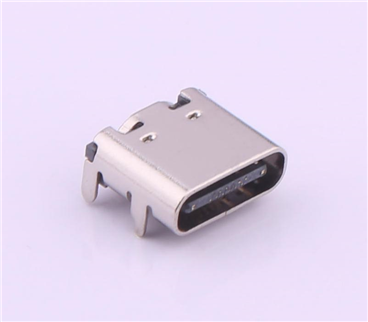
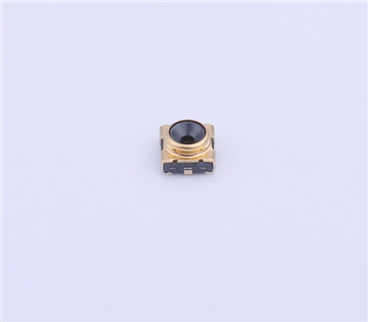
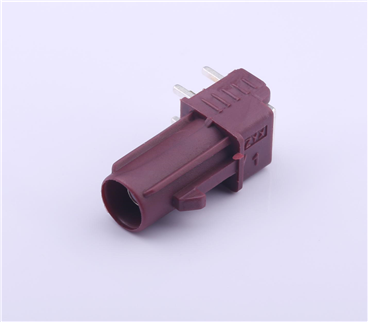
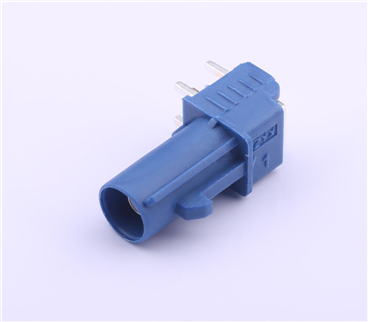
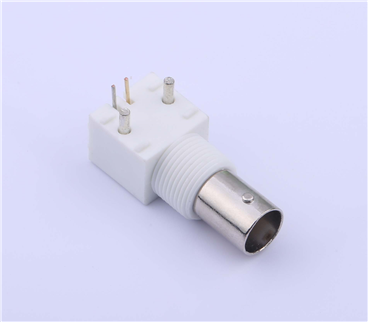
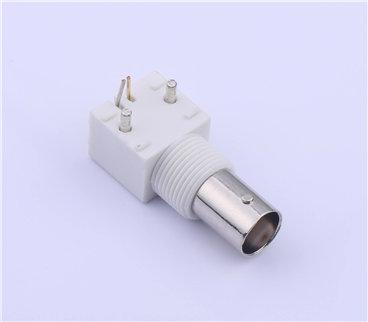
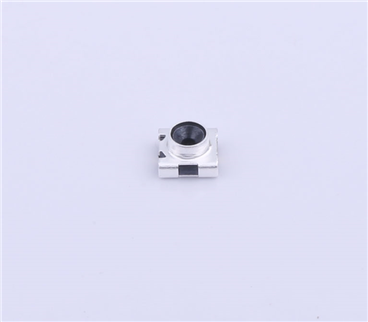
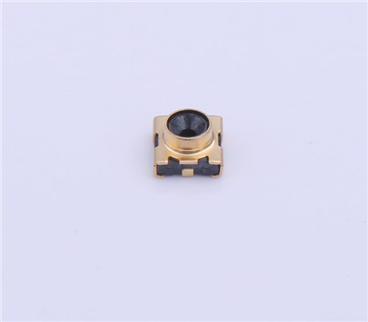
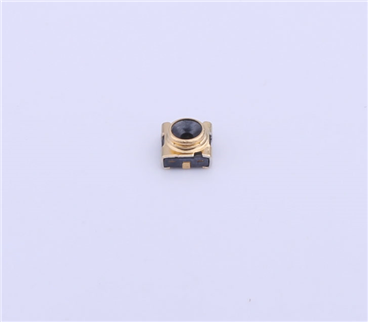
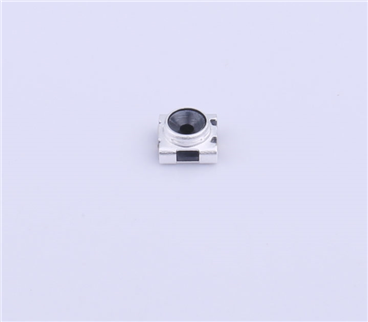
Copyright © Shenzhen Kinghelm Electronics Co., Ltd. all rights reservedYue ICP Bei No. 17113853
